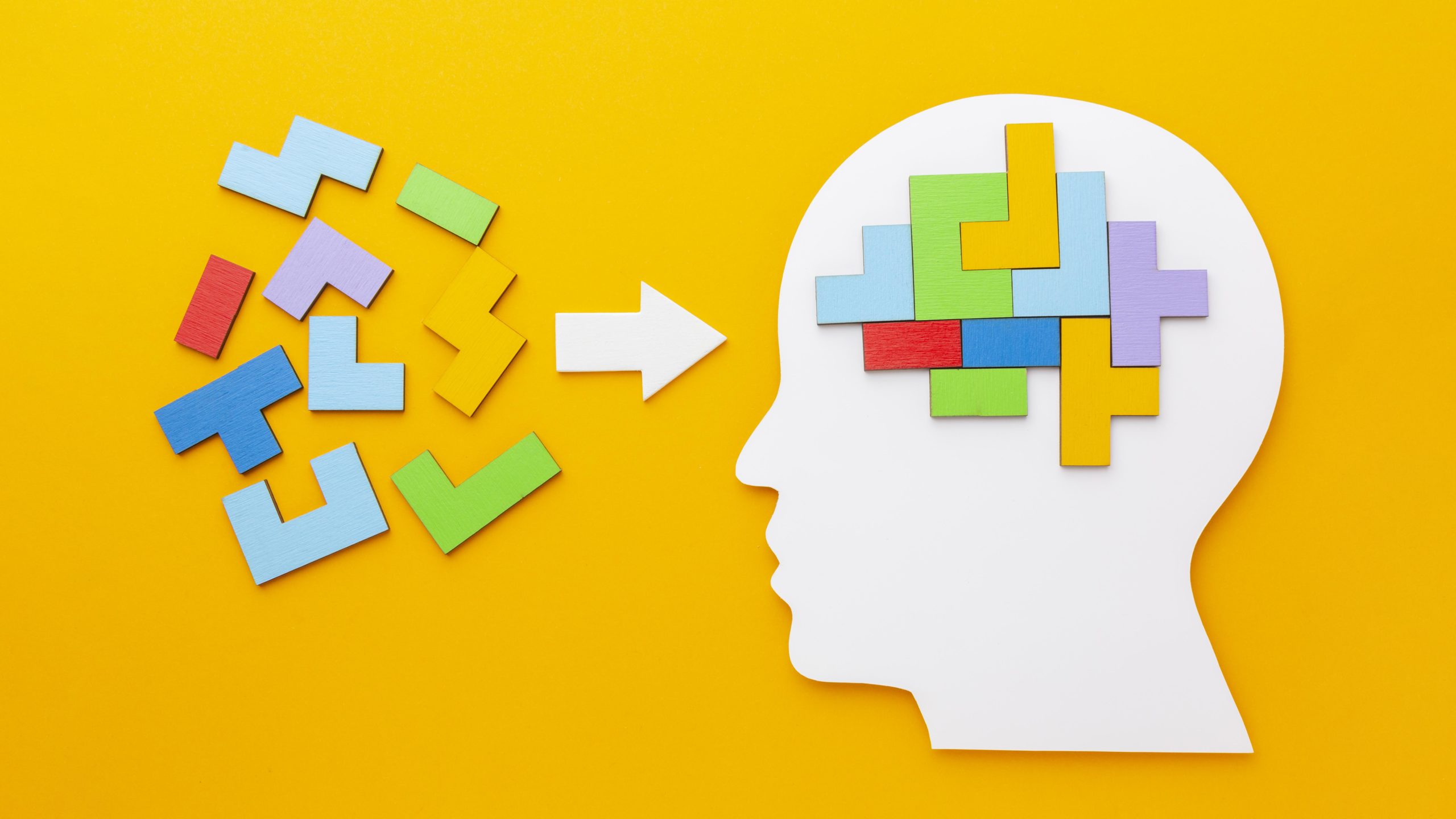CHILDREN’S PSYCHOLOGY

SAVE
16.67%
About Bundle
Children’s Psychology Training Course is designed to provide participants with a comprehensive understanding of the principles and theories of child psychology. This course is suitable for educators, parents, caregivers, and professionals working with children who wish to gain insights into child development, behavior, and emotional well-being. Participants will explore various stages of child development, examine key psychological theories, and learn practical strategies for supporting children’s growth and fostering positive mental health.



